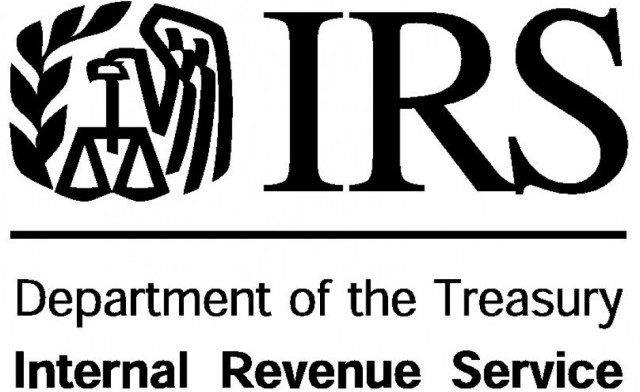What is middle-class estate planning? It’s a must!
As we have written in the past, for many years estate planning was driven primarily by estate tax minimization. Now with the estate tax exemption at $5.43 million per person, there are very few middle-class individuals that need to worry about federal state tax and their estate plan.
Does that mean that no estate planning is necessary for the middle class? Absolutely not. Instead, with this freedom from the need to focus on the estate tax planning, there are plenty of opportunities and resources to focus on matters that are far more important than taxes.
Listed below are the areas that deserve more attention and have not received enough focus in the past. Middle-class taxpayers can start focusing on the following areas:
Creditor Protection — Protection can focus on the individual client and also the following generation to fulfill the client’s wish to leave a financial legacy. For example, in planning for the next generation, parents work very hard to deliver a financial legacy. But what happens when, upon their death, their children are embroiled in a divorce, a bankruptcy, or a lawsuit with a large damages claims brought against them? No matter how hard you have worked to leave wealth for your children, that wealth can evaporate in a moment based on the uncontrollable events that take place in your children’s lives.
Selection of Fiduciaries — Selecting someone to act in matters pertaining to powers of attorney for property, powers of attorney for health, trustee selection, or executor selection, all bring with them a host of pros and cons.
Income Tax Impact — Now that the estate tax is less of an issue for most middle-class taxpayers, taxpayers can rightfully start focusing on other matters of importance such as income tax basis step-up (or step-down) issues for purposes of future sales of appreciating property. Also, consider reducing the so-called 3.8 percent Medicare surtax on investment income such as dividend, interest and capital gains.
Second Marriage Planning — Proper attention must be given to matters pertaining to second marriages and threading the needle between providing for the new spouse while still leaving a financial legacy for children from the prior marriage. There a lot of good options, some funded by financial products, that can be valuable in situations such as this.
Business Succession Planning — Trying to equalize inheritances associated with cases where some children are involved in a family business but others are not also requires threading the needle in a way in which multiple parties with diverse interests can be made to feel that they were dealt with fairly.
Long-Term Care Planning — With advances in medical science allowing many of us to live longer and healthier lives, the question becomes how to plan for the devastating expense of long term care. While the simple answer is for you to obtain long-term care insurance, it is not the only answer. As a matter of fact, due to increasing premiums and difficult underwriting standards, many people will have to look for other solutions. Related to the area of long-term care planning are special-needs planning, safeguarding against elder abuse, Social Security elections, IRA and 401k retirement elections, and Medicaid asset protection planning against long-term care costs.
To contact me, call 847-292-1220, e-mail abferraro@abferrarolaw.com or visit www.abferrarolaw.com.
 Fra Noi Embrace Your Inner Italian
Fra Noi Embrace Your Inner Italian







